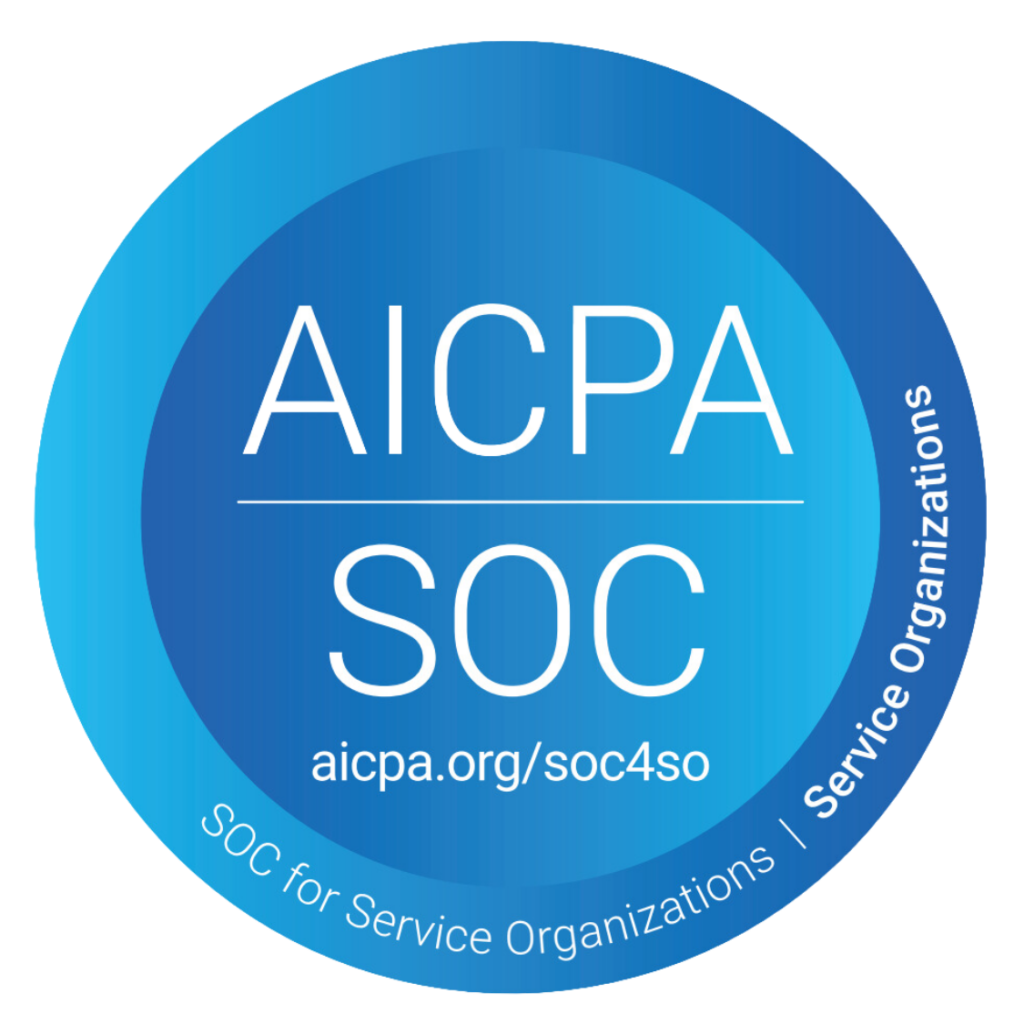In recent years, the practices of Pharmacy Benefit Managers (PBMs) have come under scrutiny, unveiling a lack of transparency and unfair methodologies. Many of these entities have often engaged in practices that favor their interests over those of the employers and members they serve. Practices like spread-pricing, where the PBM charges the plan sponsor more than it reimburses the pharmacy, unclear pricing structures, and the retention of rebates intended for clients are among the issues contributing to the call for PBM reform.
The lack of transparency surrounding PBM pricing and rebate structures has resulted in inflated drug costs for employers and employees alike. The opaqueness of these practices has made it challenging for stakeholders to decipher the true cost of medications and ensure fair pricing for all involved parties.
Consequently, the need for PBM reform has gained traction in recent legislative discussions. Congress has taken notice of the discrepancies in the PBM realm and is actively deliberating on measures to enforce transparency and accountability. The proposed legislations aim to mandate PBM disclosures, ensuring clear and comprehensive reporting of pricing structures, rebates, and any potential conflicts of interest.
Moreover, stakeholders across the healthcare industry have been advocating for heightened oversight to curb the unfair practices prevalent in the PBM sector. The collective voice demanding change resonates with the urgency of establishing fair and transparent processes within the pharmaceutical landscape.
Congress Unveils Comprehensive Reforms Targeting PBM Practices in Prescription Drug Distribution
Lawmakers, following the passage of the Inflation Reduction Act targeting drug pricing, are now directing bipartisan efforts toward addressing the role of PBMs in high prescription drug costs. PBMs are accused of acting as middlemen negotiating drug prices and managing benefits for payers, but they’ve faced scrutiny for contributing to inflated drug prices.
Legislators have developed various proposals to reform PBMs, emphasizing transparency, compensation restructuring, and curbing potential anticompetitive actions. These include imposing reporting requirements for PBMs on their negotiations with pharmaceutical companies, pricing details, and benefit designs. Additionally, there’s a push to ban tactics like spread pricing, where PBMs profit by reimbursing pharmacies less than what plans pay them for drugs.
Efforts also target how rebates negotiated by PBMs with drug manufacturers are handled. Proposals suggest mandating PBMs to pass on 100% of these rebates to plan sponsors to reduce costs for patients. Moreover, there are initiatives to align patients’ out-of-pocket expenses with the negotiated net price, rather than the list price, and to prohibit practices that prevent copayment assistance from counting toward patient cost-sharing obligations.
Lawmakers are looking to dissociate PBM compensation from drug list prices, aiming to limit their earnings based on a fixed service fee instead of profiting from higher drug list prices. Throughout discussions, there’s a focus on budget-neutral policies and potential broader healthcare-focused packages that encompass PBM reforms alongside other health-related initiatives.
Ultimately, the legislative efforts aim to increase transparency in PBM practices, reduce excessive costs passed on to patients, and restructure PBM compensation to mitigate their influence on medication costs for employers and patients. The potential for a comprehensive healthcare package and further considerations, such as an insulin commercial cap bill incorporating PBM provisions, remains on the legislative agenda.
Promoting Fairness: Legislation Addressing PBM-Owned Pharmacies and Market Competition
The trend of of PBM-owned pharmacies has raised concerns about potential anticompetitive behavior, potentially leading to a lack of fair competition and unfavorable treatment for independent or non-PBM-affiliated pharmacies.
In response to these concerns, the Energy and Commerce (E&C) package has included legislation aimed at fostering competition within the pharmacy market. The objective is to promote a level playing field where all pharmacies, regardless of their affiliations, have equal opportunities to compete and provide services to consumers.
One of the critical aspects addressed in this legislation is the need for transparency and insight into how PBMs reimburse PBM-owned pharmacies compared to other pharmacies. There’s a growing recognition that PBMs may have preferential treatment or different reimbursement structures for their affiliated pharmacies, potentially leading to unfair advantages or disadvantages in the market.
By mandating transparency and insight into these reimbursement practices, the legislation aims to shed light on potential disparities in reimbursement rates between PBM-owned pharmacies and other independent or non-PBM-affiliated pharmacies. This information is crucial to assess whether fair competition exists within the pharmacy market and to identify any disparities that may hinder competition or create barriers for non-affiliated pharmacies.
Additionally, the legislation seeks to introduce measures that prevent anticompetitive behavior and ensure that all pharmacies, regardless of ownership affiliations, have an equal opportunity to participate in PBM networks and provide services to patients.
Summary of Congressional Legislation Targeting PBM Reforms
- Transparency Requirements: Efforts are underway to introduce reporting requirements for PBMs, increasing transparency in negotiations with pharmaceutical companies, drug pricing, rebates, and benefit designs. This move aims to empower plan sponsors with better insights to foster competition and lower prescription drug costs.
- Competition Promotion in Pharmacy Market: Legislative packages seek to address healthcare industry consolidation and the rising trend of PBM-owned pharmacies. Measures aim to ensure fair treatment by scrutinizing how PBMs reimburse their own pharmacies compared to others, promoting a competitive pharmacy market.
- Banning Spread Pricing: Legislators are targeting spread pricing practices where PBMs profit by reimbursing pharmacies less than what plans pay, potentially resulting in overpayments. Proposed bills aim to prohibit this practice across various healthcare markets.
- Rebate Passthrough: Efforts are directed towards requiring PBMs to pass on 100% of rebates and other remuneration to plan sponsors, addressing concerns about opaque rebate handling.
- Reducing Out-of-Pocket Costs: Proposed bills aim to tie beneficiaries’ cost-sharing to negotiated net prices instead of list prices, capping monthly cost sharing and prohibiting copayment accumulator programs that exclude assistance from counting towards cost-sharing.
- PBM Delinking: Legislators propose measures to eliminate PBMs’ incentive to benefit from high drug list prices, aiming to limit their compensation to a flat service fee rather than a percentage of drug list prices.
MaxCare Stance: Aligning with the Call for Transparency
MaxCare’s commitment to transparency within the PBM sphere stems from a deep-rooted ethos of ethical conduct and fairness. We firmly believe that fostering a transparent and accountable environment is paramount for the well-being of all stakeholders involved in healthcare, particularly those affected by prescription drug benefits.
Recognizing the complexities and challenges prevalent within the PBM landscape, MaxCare acknowledges the necessity of congressional oversight and proactive reforms. We understand the imperative nature of these changes to reshape the industry, ensuring that all PBMs’ practices align with the principles of transparency, fairness, and integrity. We feel that this legislation is a matter of common sense and is in the best interest of employers and patients.
In solidarity with Congress’s advocacy for transparency, MaxCare actively supports the call for clear and comprehensible pricing models. We understand that the opacity surrounding pricing structures has led to confusion and inflated costs, impacting employers, plan members, and the overall healthcare system. By championing transparent pricing models, MaxCare aims to eliminate ambiguities and provide clarity on the actual costs of medications.
Moreover, MaxCare is resolute in advocating for the clear delineation of rebates. We acknowledge the prevailing issue of PBMs being less than transparent about the amount of rebates retained, resulting in obscured financial arrangements and inflated drug prices. Through our commitment to transparent practices, we pledge to ensure that rebates are clearly disclosed, benefitting our clients by allowing them to fully comprehend the financial dynamics of their prescription drug benefits.
Eradicating opaque practices within the PBM sphere is a fundamental aspect of MaxCare’s mission. We are dedicated to implementing proactive measures that align with the anticipated reforms, guaranteeing our clients complete visibility into pricing structures and processes. Our goal is to establish a pharmaceutical ecosystem where transparency prevails, empowering our clients with the knowledge and insights necessary to make informed decisions regarding their healthcare benefits.
At MaxCare, we don’t view transparency as merely a regulatory obligation; it’s a cornerstone of our organizational values. We strive to lead by example, setting high standards for transparency and ethical conduct within the PBM industry. By prioritizing transparency, MaxCare aims to foster trust, facilitate informed decision-making, and ultimately contribute to a fairer and more equitable healthcare landscape for all.
Conclusion
The call for increased transparency and congressional oversight is not just a regulatory obligation but a moral imperative for the betterment of healthcare services. MaxCare stands in alignment with the aspirations of Congress and the industry in promoting transparency within the PBM domain. It is our commitment to lead by example, embracing transparent practices and ensuring that our clients receive the clarity and fairness they deserve in the pharmaceutical landscape.



